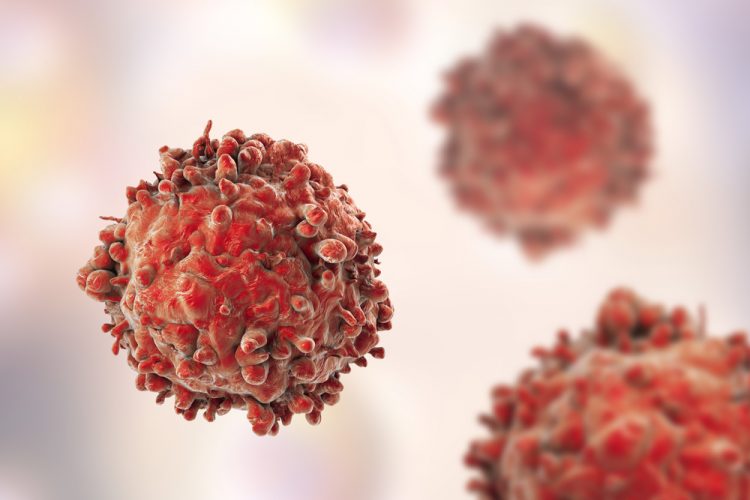Actimab-A CLAG-M combination displays 100 percent remission rate
Posted: 4 November 2021 | Anna Begley (European Pharmaceutical Review) | No comments yet
Actinium’s Actimab-A CLAG-M combination showed a 100 percent remission rate in relapsed or refractory acute myeloid leukaemia patients receiving 0.75 μCi/kg in Phase I study.


Actinium Pharmaceuticals has announced that the Phase I trial studying Actimab-A with the salvage chemotherapy CLAG-M in patients with relapsed or refractory acute myeloid leukaemia (r/r AML) who are fit for intensive therapy has completed the planned dose escalation and patient enrolment.
Actimab-A CLAG-M combination data was presented at American Society of Hematology (ASH) Annual Meeting 2020 from the first three dose cohorts, which highlighted:
- 100 percent remission rate (CR/CRi) in patients receiving 0.75 μCi/kg of Actimab-A with CLAG-M
- 83 percent remission rate in patients who received three or fewer lines of prior treatment
- 70 percent of patients achieving a remission were minimal residual disease (MRD) negative
- 67 percent of patients in the study achieved a remission including patients receiving 0.25 and 0.50 μCi/kg of Actimab-A, which has shown to be subtherapeutic as a single agent in prior studies
- All patients had intermediate or adverse cytogenetics
- Patients had a median of two prior therapies including prior Venetoclax/HMA or bone marrow transplant.
These results compare favourably to outcomes with CLAG-M as a single agent, which was shown in a separate study to have a 55 percent overall response rate (ORR) and a 39 percent MRD negativity rate.
“This novel combination has produced promising data with high rates of remission and MRD negativity with an acceptable safety profile thus far,” stated Dr Avinash Desai, Actinium’s Chief Medical Officer. “Despite multiple new drug approvals for patients with AML, including several targeted agents, outcomes for patients with relapsed or refractory AML remain poor, especially those with adverse molecular or cytogenetic features. Actimab-A enables the treatment of AML with radiation at a cellular level, which is a novel mechanism not achievable with traditional external beam radiation given the diffuse nature of blood cancers like AML.
“Given the sensitivity of AML and other blood cancers to radiation, we are optimistic in its potential to improve patient outcomes. We hypothesised that the combination of Actimab-A with CLAG-M would be tolerable given the non-overlapping mechanisms of action and lead to higher and deeper remissions,” Desai added.
Related topics
Anti-Cancer Therapeutics, Big Pharma, Clinical Trials, Data Analysis, Drug Safety, Research & Development (R&D), Therapeutics









